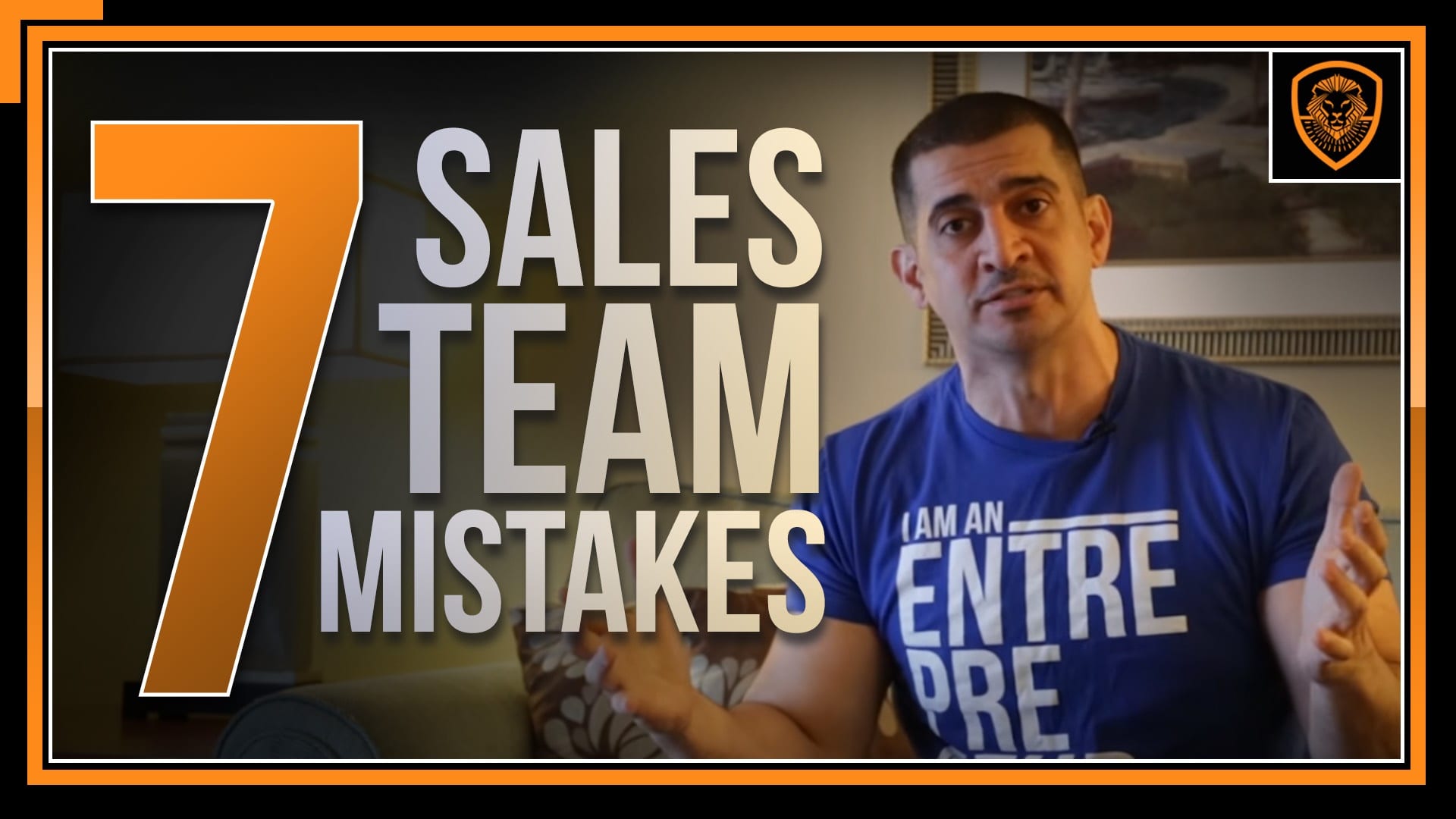 This article is by Rebecca Livermore. Rebecca is the content manager here at PatrickBetDavid.com and the author of The Blogger’s Quick Guide to Starting Your First WordPress Blog. She invites you to connect with her on LinkedIn.
This article is by Rebecca Livermore. Rebecca is the content manager here at PatrickBetDavid.com and the author of The Blogger’s Quick Guide to Starting Your First WordPress Blog. She invites you to connect with her on LinkedIn.
There are many ways to grow your business. Today we use everything from the phone to email to social media and more. But an often overlooked way to build a business is sometimes referred to as OPP. What is OPP? Other People's People. Guest Blogging is one of the best ways to get in front of other people's people. Here's how it works.
What is Guest Blogging?
Guest blogging is quite simply publishing content on other people's blogs. Here's an example of a guest post published here on PatrickBetDavid.com: How to Grow and Scale Your Business in 2017.
Benefits of Guest Blogging
If you click on the link above you'll note that this post above is written by Hernan Vazquez. Hernan is neither a contractor nor an employee of Patrick's and yet he has, to date, published four posts on this site. As a guest blogger, he provides great content for us for free and in exchange for that, his name and links to some of his content is published here.
For example, you can see in his bio there is a link to his YouTube channel and his Facebook group.
In the body of the article, he has two links. One links to one of his YouTube videos and the other to one of his webinars.
Here's a screengrab of the invitation to attend his webinar:
This provides Hernan with an opportunity to grow his following as a result of "OPP" - other people's people. In this case the OPP are the people that follow Patrick.
How to Grow Your Business with Guest Blogging
So at this point you may wonder how to get started with guest blogging. Here are the basic steps.
Find Blogs in Your Industry to Pitch Your Article Idea
Not all blogs are worth contributing content to. Here are a few things to look for.
Blogs with a similar audience
Since the point of guest posting is to grow your following, you want to guest posts on sites that have your ideal audience. For instance, if you're in the automotive industry, it wouldn't make a lot of sense for you to guest blog for a florist, even if you love flowers.
Blogs that have a lot of traction
Guest blogging is a lot of work, and it makes no sense to put the time into it with blogs that don't get much traffic. While you can't know for sure how much traffic a blog has, you can look for the following signs:
- A lot of comments. Nowadays a lot of the engagement on content happens on social media, so you may or may not see a lot of comments on even popular blogs. But if you do see a lot of comments, that's a good sign.
- A low Alexa rank. When it comes to Alexa rank, the lower the better. Think of it as where a site ranks compared to other websites. As is true with competitions, the higher your number, the worse. For instance, if you run a race with 2000 runners and you come in 1st, that's amazing. If you come in at 1,998, not so much. I have mixed feelings about judging the popularity of a site based on Alexa rank, because sometimes sites with a lot of traffic have a high rank. There are different reasons for this, and getting into it is beyond the scope of this article. Just know that generally speaking, the lower the Alexa rank, the better.
- Blogs with associated social media accounts with a large and active following. This last one is important because it's another way to determine whether or not it's worth it to guest post on a particular blog. For instance, you may see that there aren't comments on a blog and that the blog has a high Alexa rank. And yet there are thousands of social media followers that are very engaged.
Blogs that Accept Guest Posts
Not all blogs accept guest posts. Here are some clues to look for.
- An invitation to contribute. Sometimes you'll see something like, "Write for us!" or "Writer's Guidelines" some where in the navigation on the site. This could be in the top navigation, or in the footer.
- A bio with links to another site. As you saw in Hernan's guest post linked to above, there is a bio at the top of his post with his name, image, and links. Some blogs post the bio at the bottom of a post.
Blogs that Let You Gently Promote
Every blog that accepts guest posts has a different set of guidelines for the guest contributors. In the case here at PatrickBetDavid.com, we decided to allow two links in the bio, and two links within the body of the article, as long as the links are related to the topic of the post and add value. I used the words, "gently promote" in this point because sites won't want your posts to be overly promotional. But since the point of guest blogging is to grow your following using OPP, it's important to be allowed at least one link, either in your bio or in the body of your article.
Overcome Your Fears
Once you've identified some blogs you want to pitch your article ideas to, you may feel a bit of uncertainty. After all, sorry to say that rejection is a big part of guest blogging. This is especially true if your approaching popular blogs in your industry. Some new guest bloggers also fear negative feedback from either the site owner or the readers. This article published on Blogging Pro gives the following tips for overcoming your guest blogging fears.
- Recognize that you're speaking to a niche audience. The idea here is that you're not writing on a topic you know nothing about. As a guest blogger, you should contribute articles in your area of expertise, right? Also, the readers are people interested in your topic, and they'll appreciate your insight.
- Admit your faults. The article also encourages guest bloggers to acknowledge their faults. It's not about being perfect.
- Embrace criticism. I'll admit that this one is tough. But you can look at any potential criticism as an opportunity to grow as a blogger and as an expert in your niche.
- Don't overthink things. For example, don't worry about the "what ifs" such as what if your article is rejected, or what if they want a big revision.
Recommended for You
Speaking of worrying about the "what ifs," be sure to check out this article published right here on PatrickBetDavid.com:
It actually talks a lot about the RIGHT way to ask "what if" questions. I encourage you to read it and then consider the types of "what if" questions you should ask when it comes to guest blogging.
Approach Prospective Sites
Now that you've identified some possible sites for contributing blog posts, it's time to approach them. The first rule in this regard is that if a site has contributor guidelines, read them, and follow them to the letter. For instance, if they tell you to send your idea and wait for approval before sending the actual article, then even if you've written the article already, hold on to it until directed to send it. If there are no actual guidelines, reach out with a brief email that pitches a couple of your ideas. This can be as simple as a few possible titles for consideration. Offer to send samples of your work. If you've guest posted on some well-known sites in your industry, mention that as well.
One thing that can't be over emphasized is the need to personalize each pitch. Don't send the same pitch to multiple blogs. It's also a good idea to make a point of mentioning at least one article on the blog that you've read, and how it impacted you.
You may not hear back right away. If you don't hear back, you can follow up with a brief email a few weeks after the first email.
Write Quality Content
Assuming you get the green light to write a guest post, make it your best work. This is not the time to cut corners. It's also extremely important to follow the contributor guidelines to the letter. For instance, if the guidelines state that you can put two links in the article don't put three. Understand that when guest blogging, you are a guest in someone else's home, and you need to play by their rules.
Promote the Content
Once your post goes live, promote it on your various social media channels. And as much as possible, respond to any comments.
Measure the Results
I'm not going to lie. Guest blogging is a lot of work. It can take hours to write a solid article. And while I wouldn't give up if you don't see immediate results with guest blogging it is important to evaluate the outcome of your efforts. The best way to do this is in Google Analytics. In your Google Analytics dashboard, under Acquisition, All Traffic, and Referrals, you can check to see how much traffic each site sends you. You may be surprised to find that some big name sites send you very little traffic. For instance, I wrote an extensive blog post for a very well known site. To date the post has been shared on social media over 10,000 times. It took me six hours to write the article, I've received a total of 64 visits to my website and only one opt in from that article. There are various reasons for this that I won't go into, but the point is that it didn't yield the results I had hoped for. In some other cases I've written for less known sites and gotten better results.
While Google Analytics is the best way to measure the results of your guest blogging efforts, also pay attention to how people found you. For example, if a potential client reaches out to you, ask them how they heard about you. It's possible they found out about you through one of your guest posts.
I hope you'll give guest blogging a try. If you have any questions or comments about this article, please leave them below.









